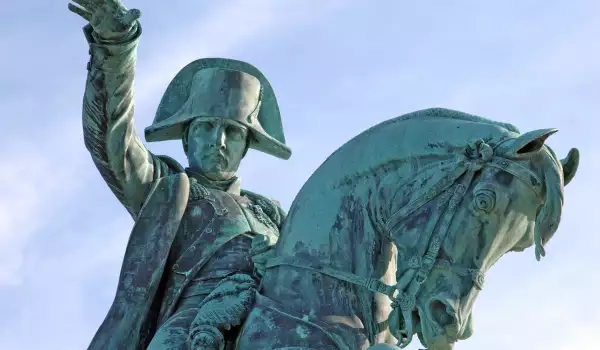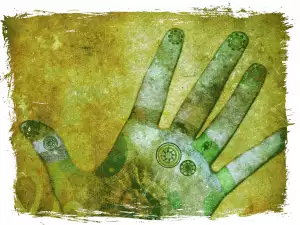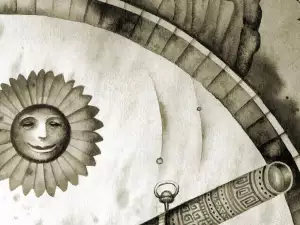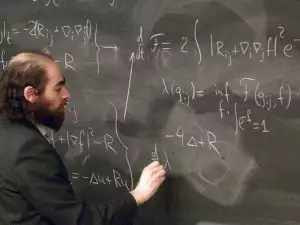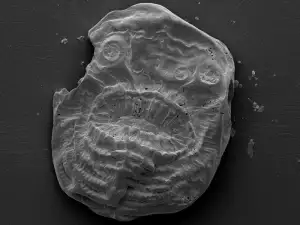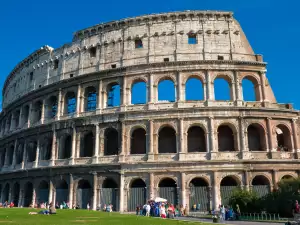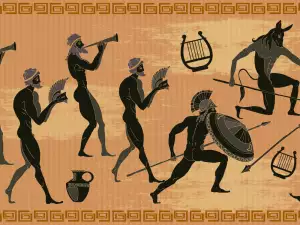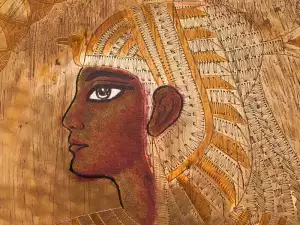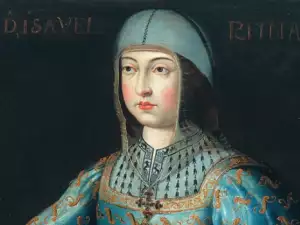Napoleon Bonaparte, also known as Napoleon I, was a French general who became Emperor of France in 1804. Described as a power-hungry conqueror, he believed in "rule for the people" but not "be ruled by the people". He was an advocate for the centralization of power.
Napoleon was born on August 15, 1769 on the island of Corsica. He was one of seven children of Carlo Bonapard, a lawyer and his wife Marie Letizia. In 1795, Napoleon married Josephine Beharnais, and on March 11, 1810, his second wife, Marie-Louise, who on March 20, 1811, gave birth to his only recognized son, Napoleon II.
Napoleon decided on his military career at a very early age. He went to the military academy at Brienne in 1779. In 1784 he won a scholarship to the Parisian Ecole Royale Militarie and graduated as second lieutenant in the artillery.
During the French Revolution, Napoleon saw both good and bad days. He is arrested for treason, but his political flexibility saves him. He protects the state from enemy forces, which leads him to rise to the highest post. Taking maximum advantage of this, he settled in the corner of the hearts of the French.
In 1796, the Army of Italy, or Armee d'Italie, under the able leadership of Napoleon, defeated the much stronger Austrian forces. He proves to be an inspirational force for the young, disaffected fighters, who together with him begin to achieve one victory after another. In 1979 he returned home, but driven by a thirst for new challenges, he went on a campaign to the countries of the central east, Egypt and Syria. A change of government brought him home again, but the Egyptian campaign impressed the French people enormously. In the same year he became a member of the Consulate - the new ruling triumvirate.
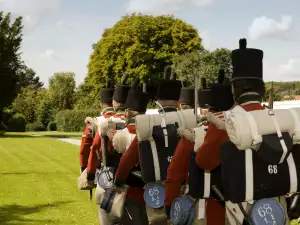
Napoleon's political skills helped him become First Consul in 1800, after which he set about crushing the neighboring European states, which at that time were at war with France. After a successful year, he began to work for a change in the socio-economic situation in France. His reforms in many directions such as in education, legality, economy, management and the army make the popularity of the Consulate comprehensive.
Finally, his efforts were rewarded when in 1802 he was proclaimed "Consul for Life" and in 1804 Emperor of France. However, it was not possible for Europe to remain calm with a military commander as emperor of one of its states. Napoleon spent the next 8 years in wars and battles. His achievements include the victory at Austerlitz, which is considered one of the greatest military achievements.
Russia, Austria and other neighboring countries would retreat when Napoleon attacked them, but would attack him as soon as he engaged another enemy. With all nations surrounded Paris, in 1814 the French army finally capitulated without any resistance and Napoleon was sent into exile on the island of Elba.
Napoleon is a man of obvious qualities that give him power after only one year. He reorganized his government and army immediately after his secret return to France in 1815. Although this was unexpected by his enemies, they managed to defeat him again, this time in one of the most unforgettable battles of the world - the Battle of Waterloo, in June 1815. He abdicated again and was sent into exile on the island of St. Helena, a small rocky island off the European coast. Suffering from frequent ill health, Napoleon died on May 5, 1821, aged 51.
Some consider him a hero, while others consider him a tyrant. Napoleon had established himself as one of the most dominant figures of the 19th century. His inventions like the Napoleonic Code, his hunger for power, his dream of world domination - all these have made him an immortal figure in world history - a man who can be loved or hated, but not ignored.
